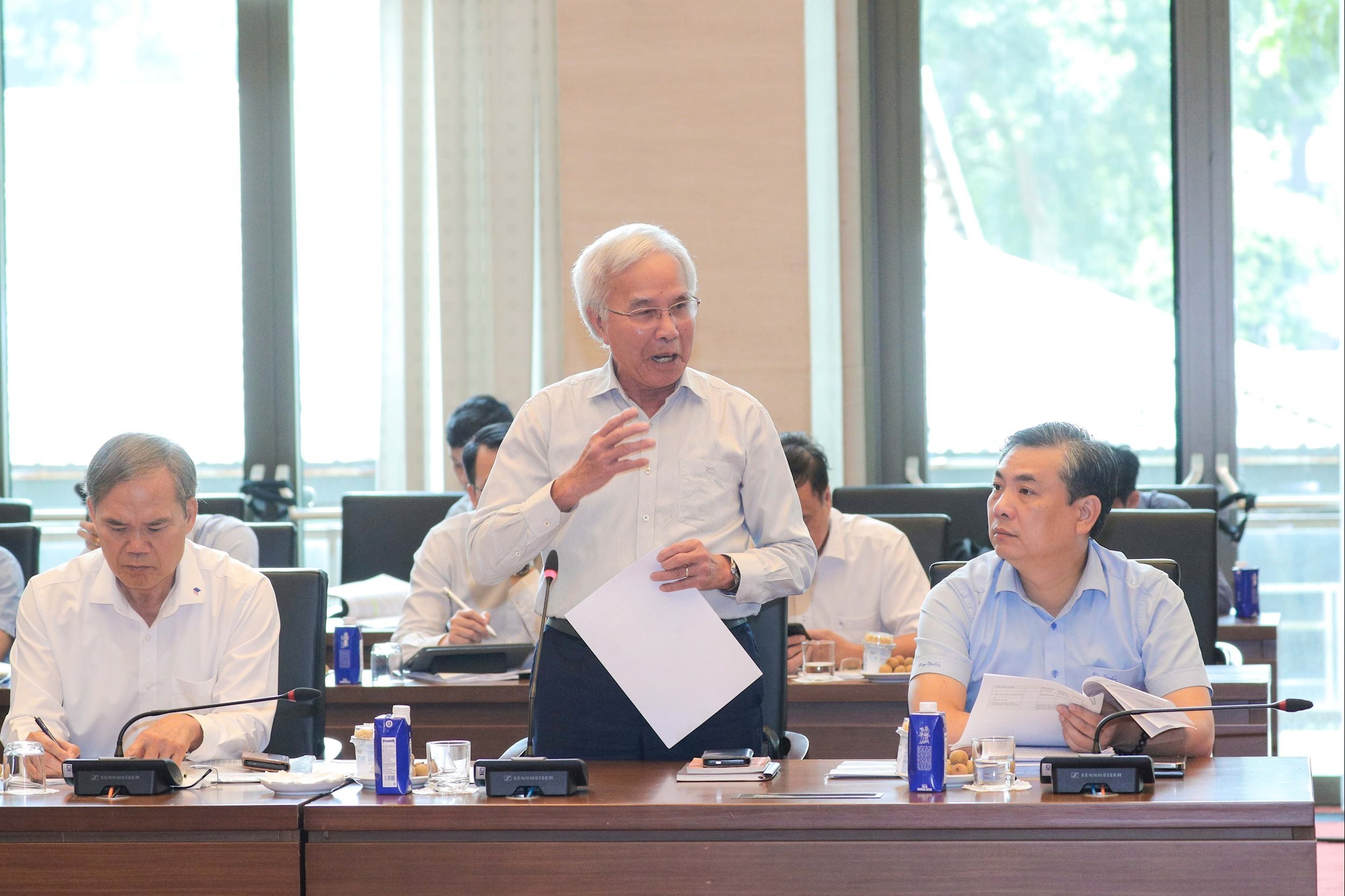
The workshop to contribute ideas to perfect the draft Law on Construction (amended) was organized by the Standing Committee of the Science, Technology and Environment Committee in coordination with the Ministry of Construction and the Vietnam Chamber of Commerce and Industry (VCCI).
Some procedures can be further simplified.
Through summarizing and evaluating the implementation of the 2014 Construction Law, one of the shortcomings and inadequacies of the current Law is that the administrative procedures stipulated in the Law are still cumbersome, some procedures can be further simplified, control authority can be delegated to the subjects, and some pre-inspection contents can be transferred to post-inspection.
The draft Law submission stated that the contents of the Feasibility Study Report appraisal by the construction professional agency include the assessment of compliance with the investment policy, the inspection of the implementation of environmental impact assessment procedures, and the assessment of the compliance of the basic design with the planning levels. When submitting for appraisal, if the project still encounters some problems, it must stop to complete the procedures, then it must be submitted for appraisal again, prolonging the investment preparation time.
Therefore, the draft Law has reduced the content of assessment of investment policy and environment procedures for the investment decision maker to control, the construction professional agency only considers the conformity with the planning used as the basis for project establishment; the state management agency on planning is responsible for the conformity of this planning with related planning according to the law on planning.
The report also stated that the draft Law has eliminated the procedure for appraisal of construction designs implemented after the basic design by specialized construction agencies, decentralizing the authority to investors, design consultants, and appraisal consultants to be responsible for controlling professional contents (strength safety, fire prevention and fighting safety, compliance with technical regulations and applicable standards). For projects using public investment capital, investors are responsible for controlling construction estimates to ensure compliance with the approved total investment level.
The Draft Law has transferred the control content of state agencies at the construction licensing step for projects that have been appraised by specialized construction agencies to post-inspection through regulations on conditions for construction commencement and construction order management.
For projects requiring construction permits (small-scale projects), the procedures for granting construction permits also need to be reviewed and revised to be simpler. At the same time, review and reduce the subjects of inspection of acceptance work for a number of small-scale public investment projects, unify the subjects of inspection of acceptance work by specialized construction agencies to be projects that greatly affect safety and public interests (regardless of capital sources and investment forms).
Vice Chairman of the Committee for Science , Technology and Environment Tran Van Khai pointed out that in reality, administrative procedures in the construction sector are still cumbersome and complicated. Many construction investment projects have to go through too many stages and layers of procedures, prolonging time and increasing costs for businesses. Some businesses reflect that the most difficult situation today is not capital or land but investment procedures. Although there is money and land, the project is still stuck due to a series of permits and appraisals.
“For example, a single housing project takes more than a year to get a construction permit because it has to supplement one file after another, through many appraisal agencies. There is even a real estate project in Hanoi that takes several years just to complete the groundbreaking procedures.” Citing the above example, Vice Chairman of the Committee Tran Van Khai also emphasized that overlapping and prolonged procedures are wasting time and costs for society, increasing project prices, and reducing investment efficiency. Based on that reality, the spirit of the draft Law is to “cut out and minimize” unnecessary procedures. Accordingly, the person deciding on the investment has the flexibility to choose a design plan suitable to the nature and complexity of the project, without being forced to follow a rigid template, in order to shorten the project preparation time.
Compared to the 8 groups of administrative procedures in the current law, the draft Law proposes to abolish 3 groups of procedures and simplify the remaining groups. The ultimate goal is to create a favorable, open, transparent, safe legal environment with low compliance costs for businesses and people. This law amendment aims to concretize the Party and State's policy towards strongly improving the investment and business environment, simplifying administrative procedures in construction activities, overcoming limitations and shortcomings, and at the same time ensuring the synchronization and unity of the legal system.
Simplify construction licensing procedures
Deputy Secretary General and Head of the Legal Department of VCCI Dau Anh Tuan highly appreciated the new points of the draft Law and said that the draft Law clearly demonstrated the spirit of strongly cutting administrative procedures, simplifying investment, licensing, inspection and supervision processes, creating favorable conditions for investment activities in the construction sector.
The Deputy Secretary General of VCCI also noted that the draft Law has focused on shifting from pre-inspection to post-inspection, from strict management and detailed control to delegating power, assigning responsibility and increasing autonomy to entities; at the same time, it is recommended that post-inspection of construction projects that have been implemented should be clearly regulated.
Some delegates welcomed the draft Law on expanding the subjects exempted from construction permits. Accordingly, if a project has had its feasibility study report appraised by a specialized agency, it will no longer need to apply for a construction permit. Small projects and individual houses in areas without detailed planning still need to apply for a permit, but the process will be carried out online, one-stop, simpler than before. This opinion suggests that exempting construction permits for projects that have been appraised and shortening the licensing procedure to only one for other projects, with a maximum licensing time of only 7 days. This will be a breakthrough compared to current regulations, demonstrating the determination to thoroughly reduce redundant procedures.
On the other hand, the Chairman of the Vietnam Association of Road Traffic Construction Investors (VARSI), Associate Professor, Dr. Tran Chung, raised the issue that in construction activities in the world, there are two most important types of licenses: "Construction license" and "Construction use license". "Construction license" ensures compliance with "discipline and national law" while "Construction use license" ensures respect for the value of human rights to use construction works safely. Raising this issue, Associate Professor, Dr. Tran Chung said that we should not be "afraid" of licenses, because licensing in construction activities is a "must-do" thing.
The difficulties and shortcomings in the implementation of the Construction Law in recent times related to the issuance of licenses mainly lie in the "licensing method". Raising this issue, Associate Professor, Dr. Tran Chung also pointed out that the upcoming guiding Decrees of the Government need to have very in-depth research on the types of works that must be licensed; the conditions for licensing and the licensing authority. It is necessary to ensure transparency in the content and licensing process so that people and entities can easily comply with the law.
Sharing this view, Lawyer Le Net suggested that construction permits should not be completely abolished but that licensing procedures should be simplified; an online, automatic licensing mechanism should be added for small projects. Lawyer Le Net also proposed amending licensing regulations in the direction of reducing licensing conditions and applying post-inspection instead of pre-inspection.
Source: https://daibieunhandan.vn/gop-y-du-thao-luat-xay-dung-sua-doi-don-gian-hoa-rut-gon-toi-da-thu-tuc-hanh-chinh-10388144.html


![[Photo] The 4th meeting of the Inter-Parliamentary Cooperation Committee between the National Assembly of Vietnam and the State Duma of Russia](https://vphoto.vietnam.vn/thumb/1200x675/vietnam/resource/IMAGE/2025/9/28/9f9e84a38675449aa9c08b391e153183)
![[Photo] Joy on the new Phong Chau bridge](https://vphoto.vietnam.vn/thumb/1200x675/vietnam/resource/IMAGE/2025/9/28/b00322b29c8043fbb8b6844fdd6c78ea)


![[Photo] High-ranking delegation of the Russian State Duma visits President Ho Chi Minh's Mausoleum](https://vphoto.vietnam.vn/thumb/1200x675/vietnam/resource/IMAGE/2025/9/28/c6dfd505d79b460a93752e48882e8f7e)
![[Photo] National Assembly Chairman Tran Thanh Man presided over the welcoming ceremony for Chairman of the State Duma of the Russian Federation Vyacheslav Volodin](https://vphoto.vietnam.vn/thumb/1200x675/vietnam/resource/IMAGE/2025/9/28/889b54ac5cd440099ddc618c99663612)


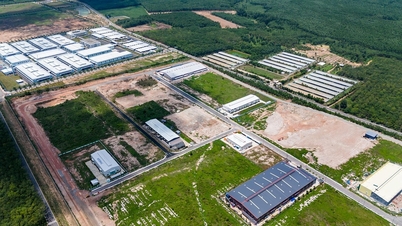


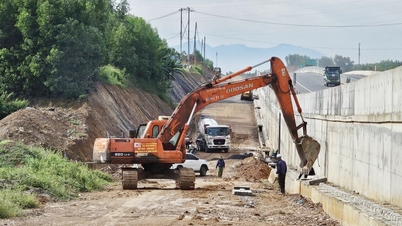




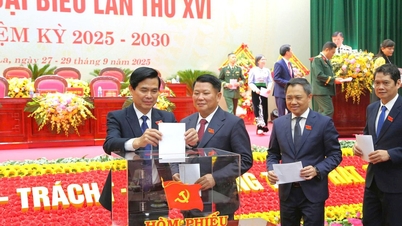


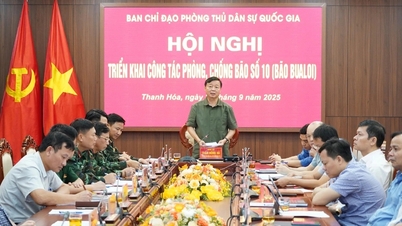

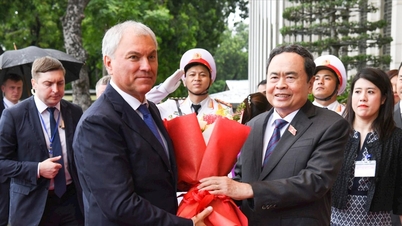











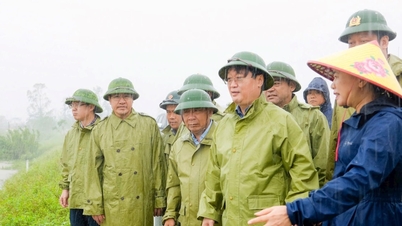

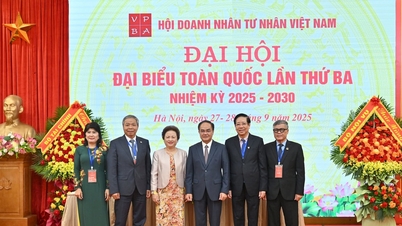

























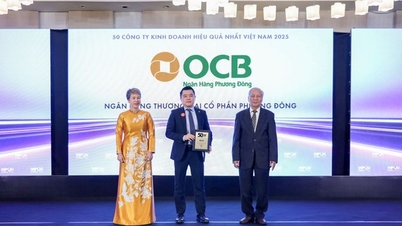




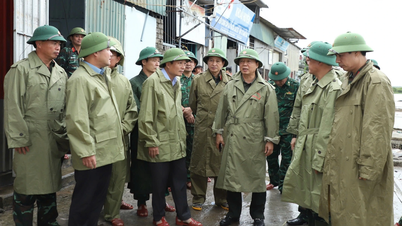
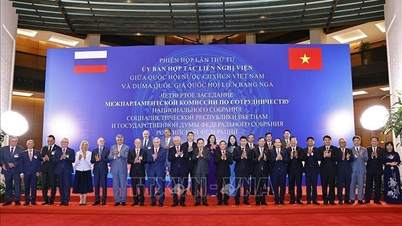












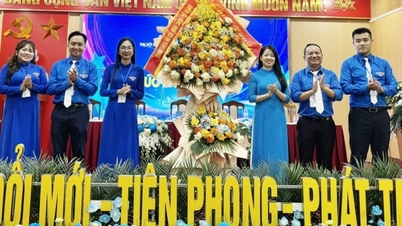
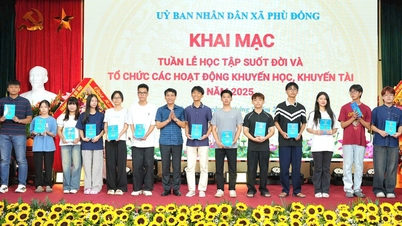
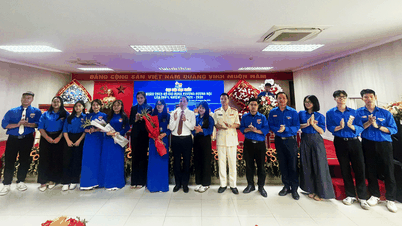
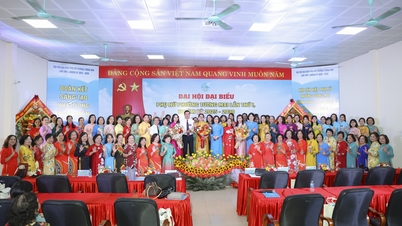















Comment (0)